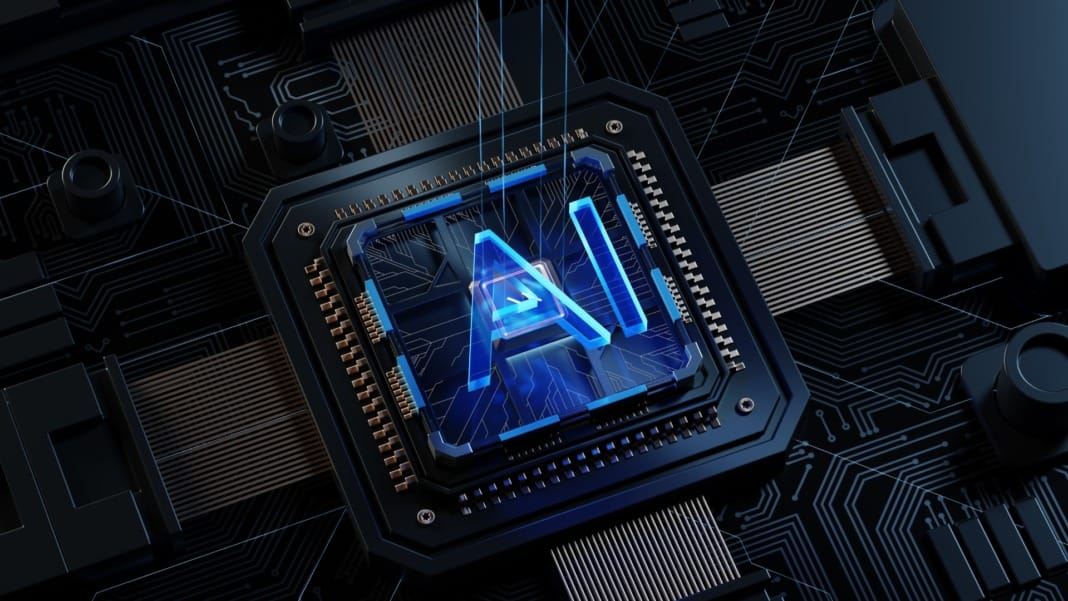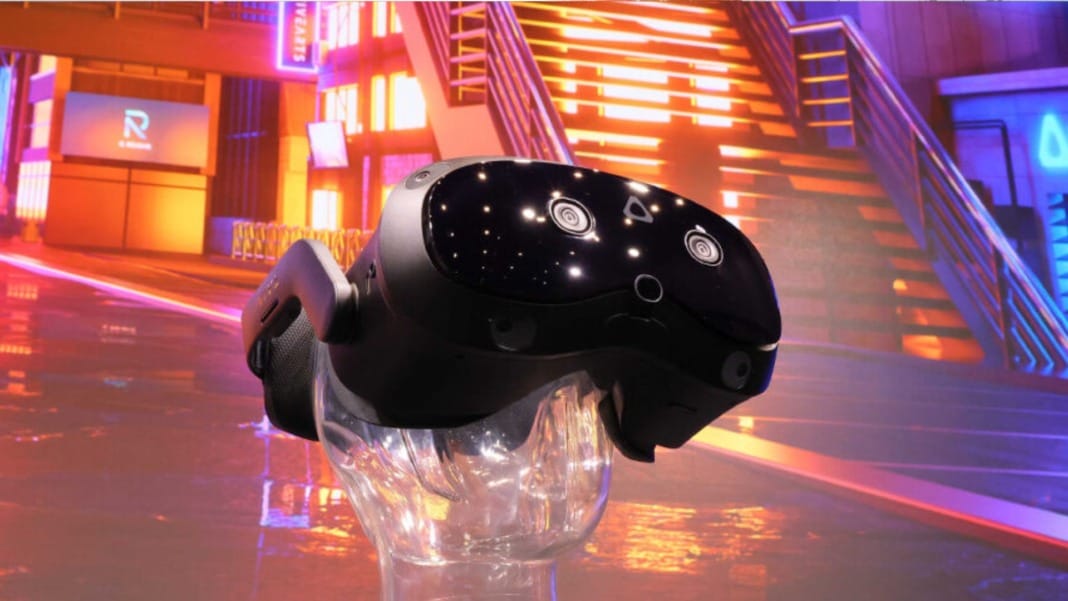Artificial Intelligence (AI) is no longer a futuristic concept confined to science fiction. It has become a cornerstone of modern life, powering tools and systems that influence industries, economies, and personal experiences. From diagnosing illnesses and optimising logistics to composing music and beating grandmasters in strategic games, AI demonstrates an extraordinary ability to tackle tasks once thought to be uniquely human. Its rapid advancements have sparked excitement and concern, raising fundamental questions about its place in society and its potential to outshine human intelligence.
At the heart of this debate lies: Is AI smarter than humans? While AI excels in speed, precision, and processing large datasets, human intelligence remains unparalleled in creativity, adaptability, and emotional depth. The growing influence of AI has led to discussions about its role as a tool to enhance human capabilities versus its potential to disrupt established systems. Understanding how AI and human intelligence compare is essential to navigating a future where humans and machines increasingly work side by side.
Speed and efficiency: A battle of pace

One of AI’s most impressive strengths lies in its speed and efficiency. AI systems process vast amounts of data at a scale and pace that is unimaginable for humans. For example, AI models used in financial analysis can evaluate market trends and predict outcomes within seconds. Similarly, AI-powered systems like IBM Watson analyse millions of medical records to identify patterns and recommend treatments in healthcare, often outperforming human doctors in accuracy and speed.
Humans, on the other hand, are comparatively slower in processing information. While the human brain can perform incredible feats, such as creating art or solving abstract problems, it cannot compete with AI in tasks requiring raw computational power. AI can solve a mathematical problem that might take a human several hours in mere seconds. This speed is particularly advantageous in logistics, where AI optimises supply chains with unparalleled precision.
However, speed isn’t everything. Human intelligence brings depth to problem-solving through intuition, context, and emotional understanding—qualities AI lacks. While AI excels at repetitive and data-intensive tasks, humans provide the adaptability and judgement needed for nuanced decisions. Thus, speed gives AI an edge in specific scenarios, but humans remain indispensable for tasks requiring critical thinking and empathy.
Learning and decision-making: A tale of adaptability
AI learns differently from humans. Through machine learning, it improves by processing large datasets and recognising patterns. For instance, AI algorithms can identify cancerous cells in medical images after training on thousands of similar datasets. Yet, this learning is confined to specific tasks. AI needs to work on applying its knowledge to unfamiliar problems, a limitation stemming from its dependency on predefined data and programming.
Humans, by contrast, excel at learning from diverse experiences. A child, for example, can distinguish between a cat and a dog after encountering just a few examples. Humans also adapt seamlessly to new situations, combining logic with emotional and social cues. This adaptability allows humans to innovate, develop new strategies, and apply knowledge across various domains—a hallmark of general intelligence.
When it comes to decision-making, AI is highly objective, relying on data and algorithms. It eliminates biases and emotions, making it ideal for tasks like diagnosing diseases or analysing market trends. Humans, however, integrate subjective factors, including ethics, emotions, and intuition, into their decisions. While AI might choose the most statistically sound option, humans consider the broader impact, such as the ethical implications of their actions. This balance highlights the strengths and limitations of both forms of intelligence.
Creativity and innovation: The human advantage
Creativity is one area where humans outshine AI. While AI can generate content miming human creativity—such as composing music or designing art—it cannot create something original. For example, AI can paint in the style of Van Gogh or Picasso but lacks the emotional depth or cultural context behind the artwork. Its output is limited to the data it has been trained on, which means it cannot think beyond existing patterns or frameworks.

Humans, on the other hand, thrive on creativity and innovation. The human mind combines imagination, experiences, and emotions to generate groundbreaking ideas and solve complex problems. From the theory of relativity to the Mona Lisa, human creativity has driven societal progress. This ability to innovate and think abstractly is something AI has yet to replicate.
Despite this, AI plays a supportive role in fostering creativity. In industries like film, AI generates special effects, while in fashion, it helps design clothing based on consumer preferences. By handling repetitive tasks, AI frees up humans to focus on higher-order thinking and creative pursuits. This collaboration between human ingenuity and AI efficiency represents the best of both worlds, driving progress while preserving humanity’s unique creative spark.
The future of coexistence: Collaboration, not competition
As AI advances, its role in society expands, sparking debates about its potential to replace human jobs and surpass human intelligence. Automation has already disrupted industries by replacing repetitive and data-driven tasks but has also created new opportunities. For example, AI-driven technologies have spurred demand for roles in data science, AI development, and robotics, illustrating how technological progress can create as many opportunities as it eliminates.
The future is likely to be defined by collaboration rather than competition. AI excels in areas requiring speed, accuracy, and scalability, while humans bring emotional intelligence, creativity, and ethical judgment. Together, they can solve challenges that neither could tackle alone. For instance, AI can analyse climate data to predict environmental changes, while humans develop strategies to mitigate these impacts, combining AI’s computational power with human ingenuity.
Ethical considerations will play a significant role in shaping this coexistence. Issues such as data privacy, algorithmic bias, and the ethical use of AI must be addressed to ensure that AI benefits humanity without causing harm. Governments, businesses, and individuals must work together to establish guidelines and regulations, ensuring that AI serves as a tool to enhance human life rather than replace it.
A question of balance
So, is AI smarter than humans? The answer lies not in direct comparison but in recognising their complementary strengths. AI’s unmatched speed and precision make it a powerful ally for tackling specific tasks, while human intelligence provides the creativity, adaptability, and emotional depth needed for holistic problem-solving. Together, they represent a balance of capabilities that can drive unprecedented progress when used responsibly. The challenge lies not in choosing between AI and human intelligence but in finding the right balance to harness the best of both.





